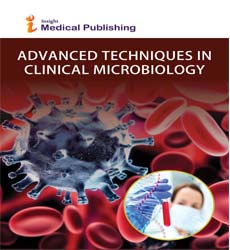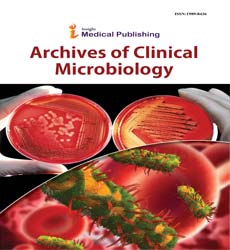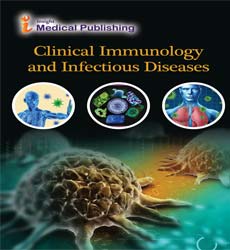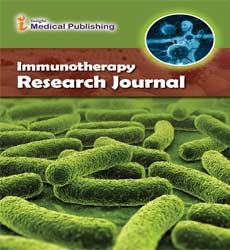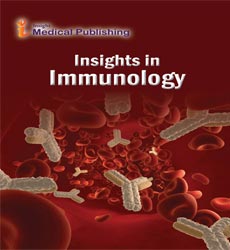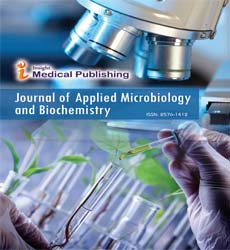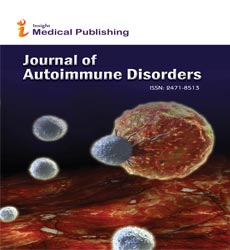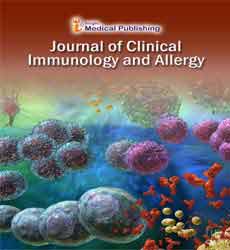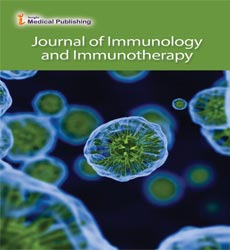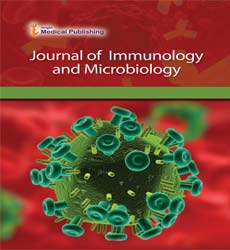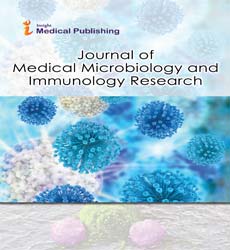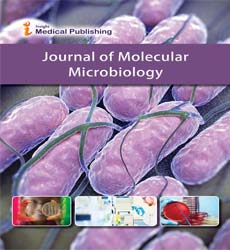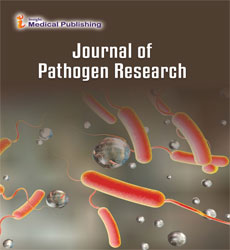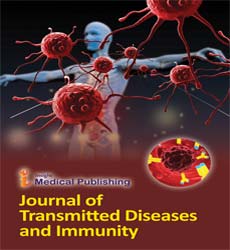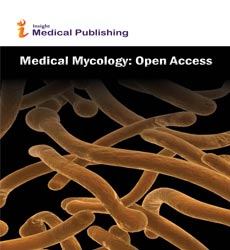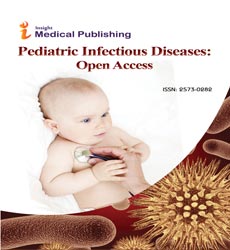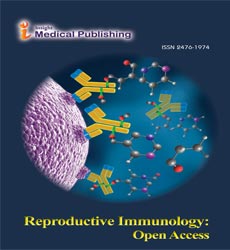Immunology and Microbiology Journals
Immunology is a bio-medical science that provides comprehensive information on immune system of the living organism. Immune system develops the protection mechanism required to fight against various microorganism that may cause diseases. Immunology is concerned with the physiological behavior of the immune system while the organs are healthy as well as sick. Disorder related to immune system is termed as immunological disorders or autoimmune diseases. Immunology is an interdisciplinary science that is closely associated with many other scientific disciplines and thus has several sub branches within it. While ‘Thymus’ and ‘Bone Marrow’ can be considered as main lymphoid organs of the immune system, spleen, tonsils, lymph nodes, lymph vessels, adenoids, skin and liver can be considered as the secondary lymphatic system.
Both Immunology and Microbiology are closely associated with each other as Microbiology involves the study of micro organism that causes diseases as well as promotes immunity. Both immunology and microbiology play an instrumental role in finding the causes, consequences and the therapy to protect living beings from disorders. Micro organisms are single cellular, bi-cellular and acellular (no cell at all) organisms. Microbes like ‘Fungi’ and protists are membrane based organisms, while microbes like bacteria lacks membranes. Presence of disease causing microorganisms can be generally detected by closely examining the body fluids subjecting them to ‘cultured’ tests and through the microscopes. Microbiology can be further sub-divided as Virology, bacteriology, Parasitology and mycology. Microbiology has wider applications in the field of Medicine and it is referred as ‘Medical Microbiology’.

